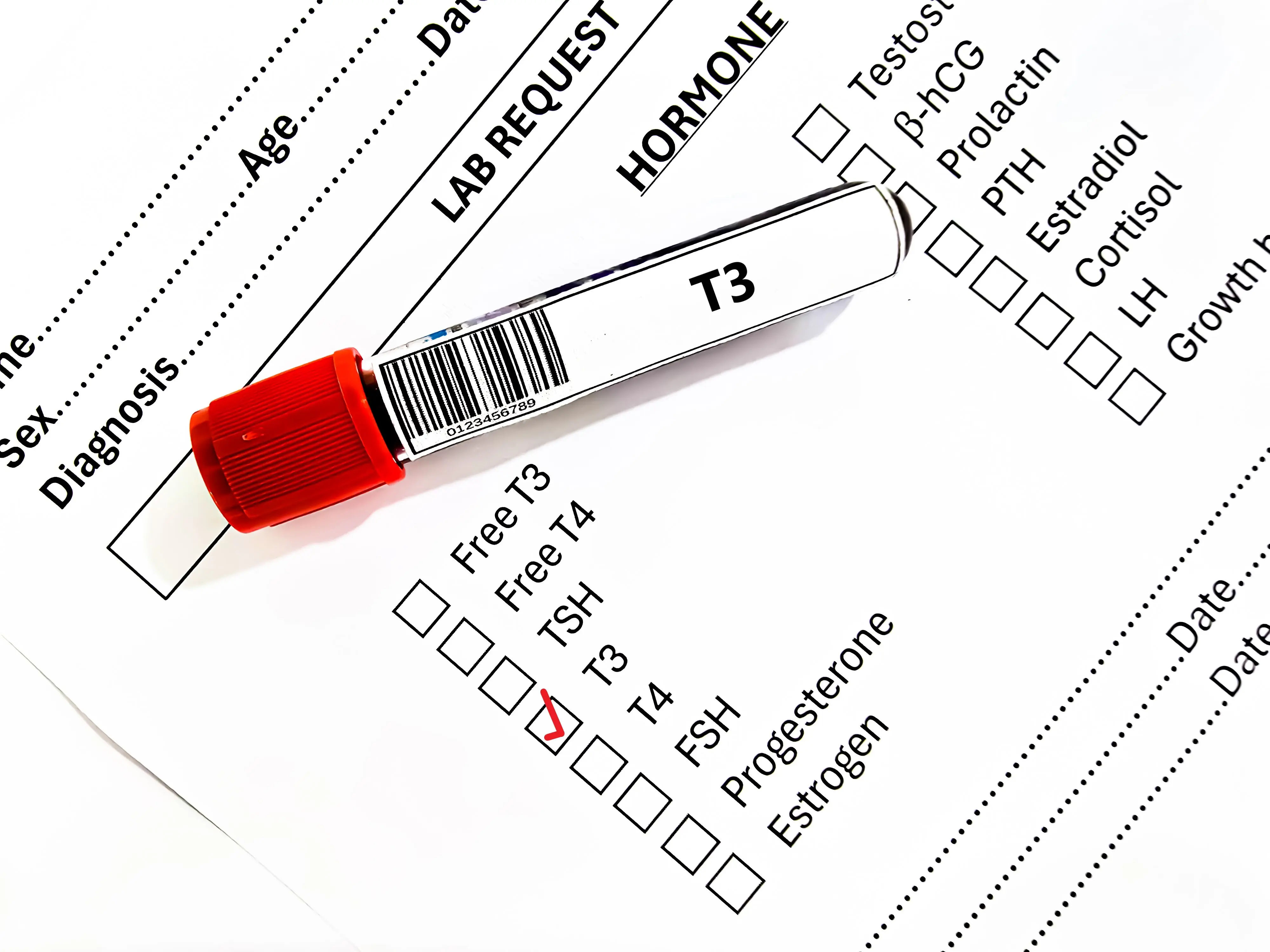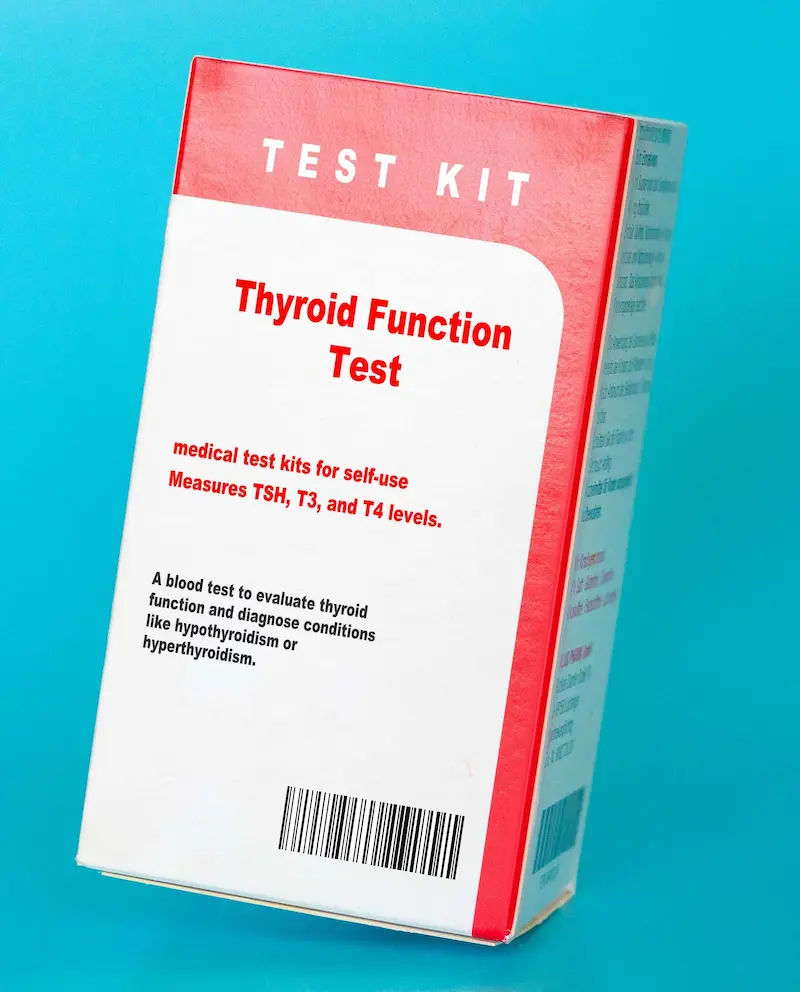- Male
- 14 Years
- 29/01/2025
I've been dealing with hypothyroidism and since taking my medication, my TSH levels have gone down to 1.66 from 6. I'm on 25 mcg of Thyronorm. Should I continue with the meds or is it okay to stop now?
Answered by 1 Apollo Doctors
s long as your TSH is within the normal range (and considering youre feeling well), it is generally safe to continue the medication. Always consult your doctor before making any changes to the dosage or stopping the medication. Your doctor will guide you with the best approach based on your individual health needs.
Dr. Dr Khaleel Suggests...
Consult a Endocrinologist
Answered 04/07/2025
0
0

More Endocrinology Health Queries
View allAre eggs high in estrogen?
No
Answered by 1 Apollo Doctors
I'm 23 and 5'8 tall I feel like I'm too tall and worried I won't find a guy because of it. Is there any medicine or surgery to reduce height, or is this something I should just accept?
normal nothing to worry ok.
Answered by 1 Apollo Doctors
How many symptoms do I need to have to confirm my diabetes?
In most patients Diabetes does not show any symptoms or signs. So presence of zero or any symptom along with increased blood sugar levels confirm the diagnosis.
Answered by 1 Apollo Doctors
Disclaimer: Answers on Apollo 247 are not intended to replace your doctor advice. Always seek help of a professional doctor in case of an medical emergency or ailment.



